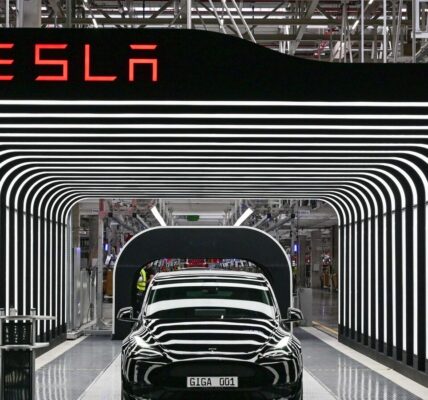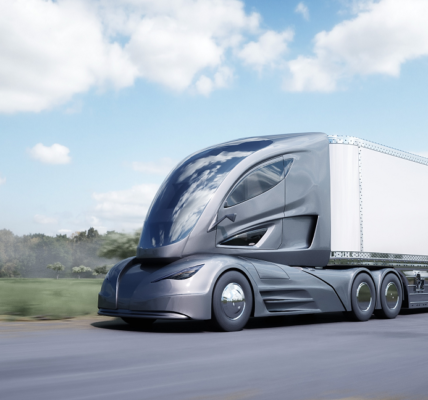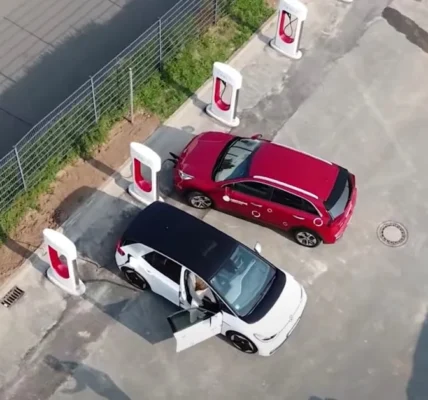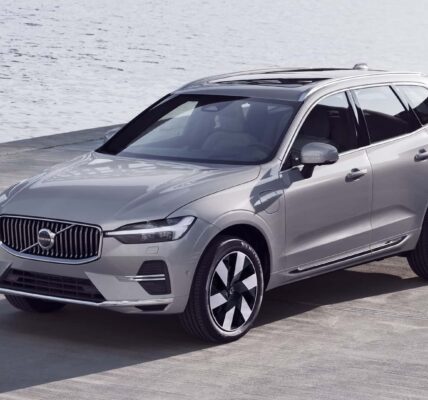Just 16% of American drivers say they are likely to buy an electric vehicle (EV) as their next car—the lowest share recorded in AAA’s annual surveys since 2019.
High battery maintenance costs, high purchase prices, and concerns about range continue to be major deterrents for U.S. consumers to consider buying an EV, according to AAA’s latest survey released earlier this month.
These key barriers have remained more or less the same in recent years.
But this year three other factors have also played a role to result in the smallest share of American drivers considering an EV purchase—lower gasoline prices, the increasingly uncertain future of EV incentives such as tax credits and rebates, and politics.
Only 16% of U.S. adults reported in AAA’s 2025 survey that they are “very likely” or “likely” to purchase a fully EV as their next car. This compares to 25% in 2022, when gasoline prices of $5 per gallon incentivized more buyers to consider an EV purchase.
This year, the percentage of consumers indicating they would be “unlikely” or “very unlikely” to purchase an EV rose to 63%, up from 51% last year.
Related: Central Asia’s Resources Spark a New Global Scramble
“While the automotive industry is committed to long-term electrification and providing a diverse range of models, underlying consumer hesitation remains,” said Greg Brannon, director of automotive engineering for AAA.
Consumers cited high battery repair costs and purchase prices as key barriers to go fully electric, at 62% and 59%, respectively. Other top concerns identified in this year’s survey were the perceived unsuitability of EVs for long-distance travel (57%), a lack of convenient public charging stations (56%), and fear of running out of charge while driving (55%).
Other barriers cited by the Americans unlikely to buy an EV include safety concerns cited by 31%, challenges installing charging stations at their residences for 27%, and 12% who are concerned that the tax credits and rebates will be reduced or eliminated.
Saving on gasoline costs is a key reason for interest in EVs this year—77% of Americans likely to buy an EV cited gas savings as their top motivation to purchase.
The reason, of course, is quite simple. Gasoline prices this spring hit their lowest level ahead of Memorial Day weekend in four years. A large part of the strong demand over Memorial Day weekend was due to the fact that the typical seasonal spike in the spring didn’t materialize, because oil prices – the single-biggest driver of gasoline prices—have lingered in the low $60s per barrel for weeks.
Uncertainty about incentives for EV purchases has started to play a larger role in drivers’ hesitancy to consider fully-electric vehicle purchases. Interest in EVs to take advantage of tax credits and rebates has plummeted—from 60% of those saying last year they are likely to buy an EV to 39% this year, per the AAA survey.
Moreover, fewer Americans now believe that most passenger cars would be EVs within a decade. The share of U.S. drivers who believe that most cars will be electric within the next ten years has plunged from 40% in 2022 to 23% this year.
Despite the fact that the availability of EV models in the U.S. market has soared in recent years, with many legacy carmakers seeking to compete with Tesla, Americans remain hesitant about purchasing electric cars.
Public perception about the future of EVs remains uncertain, despite the more than 75 EV models introduced in the past four years.
For many drivers, hybrid or plug-in hybrid vehicles could be more appealing than full battery EVs as they combine the advantages of traditional internal combustion engines with electric power, reducing range anxiety while providing an environmentally friendly alternative.








